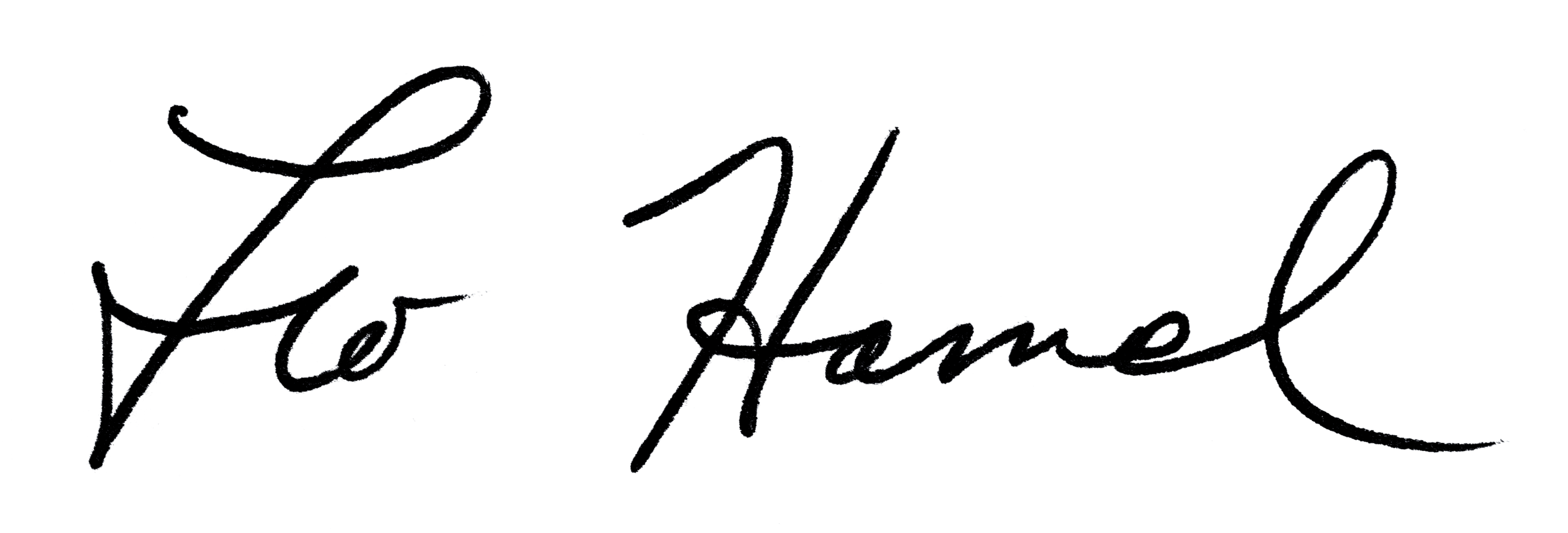
Leo Hamel Fine Jewelers Policy Letter
Email, Use in the Office
We use email in our business to rapidly communicate with our coworkers without using paper or interrupting their work flow. Email only works if it’s answered. To not answer emails promptly is to leave a void and force others to interrupt you to get a verbal answer.
How often do I need to check my mail?
Someone is waiting for a response to the email that they sent you and some work they are trying to accomplish depends on your response. Always answer every email from a coworker or supervisor as soon as you can, on the same day whenever possible. If the answer requires some research and will take days to complete, respond to let the sender know that you received their email and will get the information to them asap.
If you work with customers and are away from your desk frequently – Preferably check your email three or four times a day, but at least twice a day. Always check your mail in the morning when you arrive and in mid-afternoon, or an hour or two before you leave. That way, you pick up messages that arrived while you were away from your desk and can act on them immediately. A midday check and a final check before you leave for the day are always a good idea whenever you can make time for them.
If you don’t work with customers and are frequently at your desk – keep your email open and set up a flag to notify you as new mail arrives. If you can answer it immediately then do so. Speed of particle flow is one key to an efficient and successful business.
Email overload — real
Many people in business find that they spend half their time or more dealing with email. You can do your part to ease this problem by remembering to respect other people’s time and sending mail only when it needs to be sent.
Don’t waste your coworkers’ time by copying them on emails that don’t affect them. On the other hand, do keep them informed about projects they’re working on. Don’t assume that they already know what’s happening.
Don’t send email telling people that you put something in their mailbox. This is a waste of time. If you think the paper you’re sending looks so unimportant that no one will read it, attach a note explaining why it is important. If it’s not important, don’t send it.
Einstein once said, “Everything should be made as simple as possible, but not simpler.” That goes double for email. Whether you’re asking or answering a question, try to include all the necessary information without rambling. Actually, the world would be a better place if people followed this advice in all their communications, electronic or not.
Email overload — imagined
A related problem is that of people who don’t really receive an outrageous amount of email, but think they do. Some of these people are technophobes (afraid of technology) who haven’t yet figured out that reading their work email is a professional responsibility just like answering their phones. Others just think their own work is so important that they don’t have to pay attention to anyone else. I’ve had the unpleasant experience of sending fairly urgent email to one of these folks, running into the culprit in the hallway later in the day, and being told, “Oh, I had 20 messages in my mailbox this morning so I didn’t read any of them.”
In case anyone missed the question above “How often should I check my email?” here’s the answer again: At least twice a day. The fact that important information comes to you electronically is no excuse for ignoring it — I don’t care how busy you are.
If you’re stuck working with someone who’s not good about reading their email, you have two options:
- Don’t use email to communicate with them. Unfortunately, email ignorers are usually equally difficult to reach by traditional methods, so this probably won’t work.
- CYA (Cover Your Backside). Use the return receipt feature on your mail system. If you send important mail and it’s not read in a reasonable amount of time, follow up with a phone call. If you still get nowhere, send another email note and copy your own boss (if you just want to keep yourself out of trouble) or the other person’s boss (if you want to get the other person in trouble).
Warning: copy a manager only when it’s really important that your information get through. It’s a technique guaranteed to make you unpopular with the person you’re supposed to be working with, and the boss may see it as evidence that you’re not capable of working out your problems on your own. Copying both bosses is almost always overkill.
